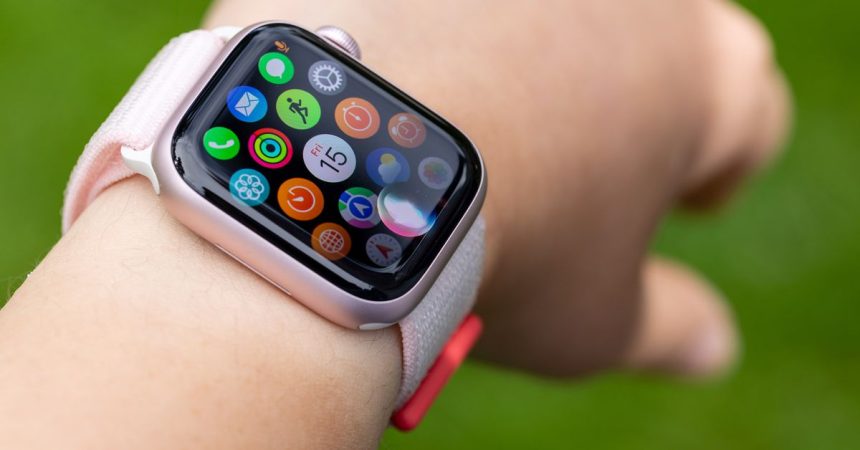This proposed class action settlement revolves around allegations of privacy violations stemming from Apple’s Siri voice assistant, specifically its unintended activation and subsequent recording of confidential conversations. The settlement, if approved, would compensate individuals in the United States who owned or purchased specific Siri-enabled Apple devices between September 17, 2014, and December 31, 2024. Crucially, eligibility hinges not only on device ownership during this period but also on the individual’s ability to affirm under oath that Siri was inadvertently triggered during a private conversation, resulting in the recording of sensitive information. This requirement establishes a direct link between the alleged harm – the breach of privacy – and the potential for compensation. The amount of individual payouts remains undetermined, subject to the total number of valid claims filed. While a maximum cap of $20 per claimant has been set, the actual disbursement could be significantly less depending on the final claim volume.
The genesis of this legal action traces back to a 2019 exposé by The Guardian, which shed light on the practices employed by Apple in evaluating Siri’s performance. The report revealed that third-party contractors hired by Apple were routinely exposed to private recordings captured by Siri, including sensitive medical discussions, potential drug transactions, and even intimate moments between couples. These revelations sparked widespread concern over the potential for privacy breaches, particularly as Siri’s activation was supposed to be initiated by a specific wake word. However, a whistleblower account cited in The Guardian’s report claimed that accidental triggers were a frequent occurrence, attributing Siri’s unintended activation to seemingly innocuous sounds, such as the rustling of clothing or the sound of a zipper. This vulnerability, coupled with the alleged recording and subsequent review of these unintended captures, formed the basis of the privacy concerns raised in the lawsuit.
In response to the allegations, Apple acknowledged that a limited subset of Siri recordings were indeed reviewed by contractors for quality assurance purposes. The company subsequently issued a formal apology and pledged to discontinue the practice of retaining audio recordings of Siri interactions. This move represented an attempt to address the growing privacy concerns and mitigate the potential for further breaches. However, the lawsuit argues that the damage had already been done, with countless private conversations potentially compromised due to Siri’s unintended activation and subsequent recording.
The plaintiffs in the case, including a minor, allege that their iPhones recorded private conversations on multiple occasions through Siri, sometimes even without the utterance of the designated wake word. This claim underscores the central argument of the lawsuit: that Siri’s activation mechanism was flawed and prone to unintended triggers, thus exposing users to potential privacy violations. The inclusion of a minor among the plaintiffs further highlights the vulnerability of individuals, particularly those less aware of the potential privacy implications of using voice-activated technology.
Importantly, this issue extends beyond Apple. Other tech giants, including Google and Amazon, also employ contractors to analyze voice recordings captured by their respective voice assistants. These recordings, often including accidentally captured conversations, are used to improve the accuracy and performance of the voice recognition technology. Similar allegations of privacy violations have been leveled against these companies, with a pending lawsuit against Google mirroring the concerns raised in the Apple case. This suggests a broader industry-wide challenge related to the handling of private data collected through voice-activated devices.
The proposed settlement in the Apple case, while offering potential compensation to affected individuals, also serves as a significant development in the ongoing debate surrounding data privacy and the use of voice assistants. It highlights the inherent tension between the benefits of these technologies and the potential risks they pose to individual privacy. The requirement for claimants to attest under oath to the accidental activation of Siri during a private conversation underlines the importance of establishing a clear link between the alleged harm and the requested compensation. The ultimate impact of this settlement, and similar legal actions against other tech companies, remains to be seen, but it undoubtedly signals a growing awareness and concern regarding the privacy implications of increasingly pervasive voice-activated technologies.



